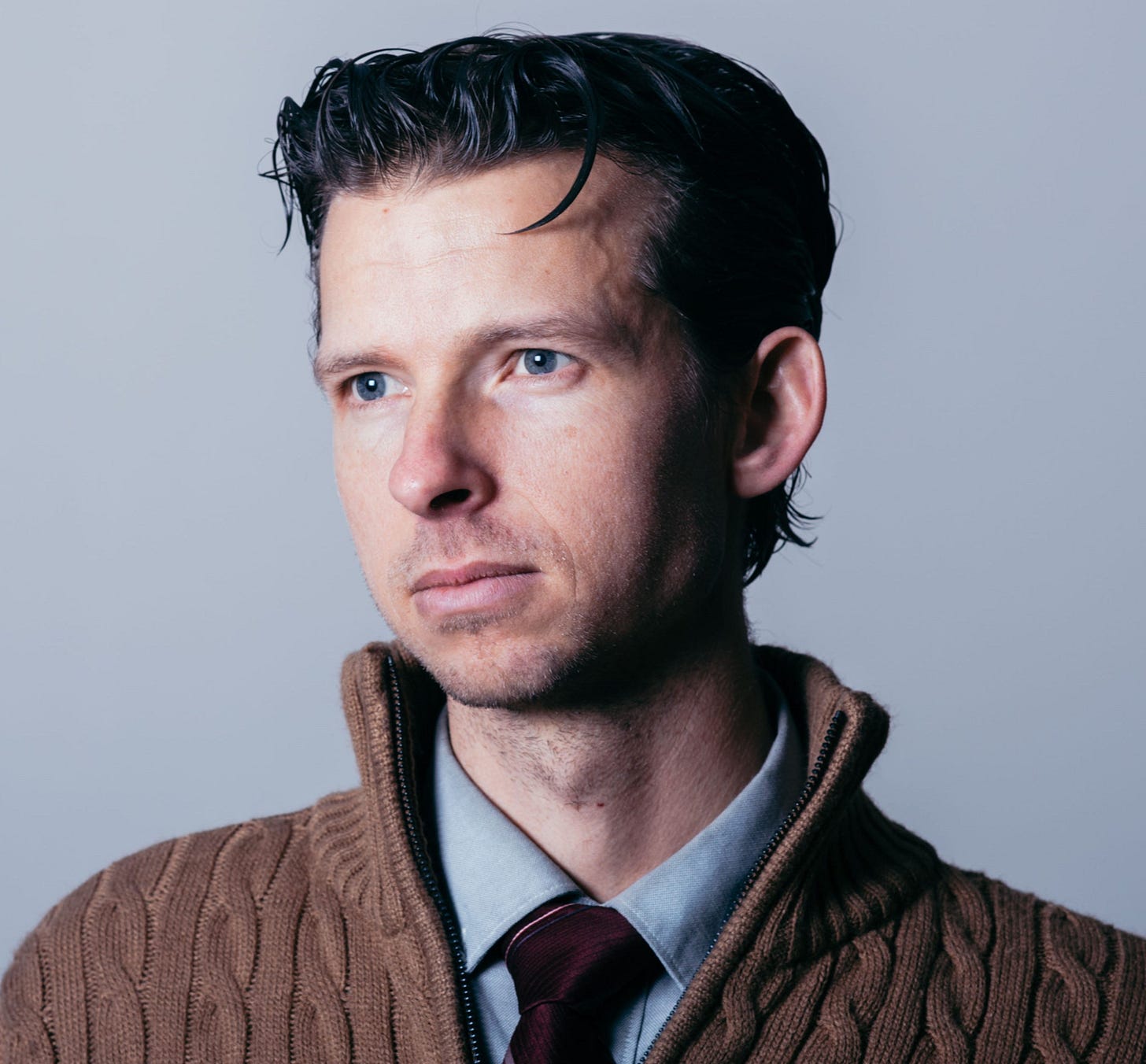The Workbench
Interview with Robert Keim (Ep 4)
Welcome back to The Workbench series, where I interview writers that I admire, asking them the same six questions about their processes.
Let me just say that this series has been an absolute delight to publish. I love a good “craft talk,” and hearing these writers in conversation (if you take the interviews together) has been wonderful. You can read the previous installments here.
For the fourth installment, I interview my friend and colleague
. He is a scholar of medieval and Renaissance literature, a secular brother of the London Oratory of St. Philip Neri, a linguist, and a translator of poetry. You may know him from the heavy-hitting and popular Via Mediaevalis, which explores “medieval spirituality for a postmodern world.”Whenever I mention a “literature scholar,” I am typically imaging someone just like Robert. He is the real deal. Enjoy!
The Workbench: Robert Keim
I.) Do you stick to a writing schedule? Why or why not?
Absolutely. I’ve been a freelance writer for a long time, and since the need for income is consistent (“relentless” might be a better word), I had to develop the ability to produce articles frequently and consistently. And for me, maintaining a schedule is key to producing frequently and consistently. The schedule makes writing part of the rhythm of life, and difficult things—good writing is always difficult—are best accomplished rhythmically.
II.) Can you describe a typical writing session? (location, for how long, order of tasks, etc.)
My writing sessions are definitely not the laptop-on-the-beach experiences that you might see in “become a freelancer!” ads. I’m in my “office” (i.e., my bedroom) using a desktop computer, with a stack of books within arm’s reach and a bookshelf almost within arm’s reach. If I’m working on a piece that can be finished in a day, I like to finish it in a day, and this means that I might begin after breakfast and still be rereading and revising at 10:30 pm. I avoid formal outlines, but I typically have at least part of the research done before I start writing. Overall I don’t get too rigid about plans and preparations—writing is a fecund source of thought and insight for me, so I need to be open-minded, docile even, as the writing process leads me.
III.) What is one idiosyncratic writing habit that you have?
I won’t publish anything until I’ve read the entire piece out loud, from beginning to end. In fact, I rarely send an email without reading the entire thing out loud. Even a text message might get that treatment. And this questionnaire definitely will: before I call it done, I’ll read all my responses out loud.
When it comes to writing, the eyes and the abstract intellect are not enough—they need to collaborate with the mouth and the ears.
IV.) What writing advice would you give your younger self?
Don’t underestimate the role of formal rhetorical techniques in producing successful, sellable prose. Readers may have no idea what anastrophe and metonymy and antithesis are, but that doesn’t matter—the power of rhetoric is rooted in human nature.
V.) Is there a particularly bad piece of writing advice that you frequently hear?
There’s too much emphasis these days on content, and not enough on form. Writing is an artistic craft, like painting. People can get content from AI bots, much as they can get a sunrise from a smartphone snapshot. But it’s paintings, not snapshots, that we frame and hang on the wall. Content is important, but form turns that content into books and essays and poems that really resonate.
VI.) Who are 2-3 writers who you like to read for style?
I won’t score any points for originality here, but Shakespeare is first on the list. Can I write twenty-first-century essays in Shakespearean English? Definitely not, but his stylistic mastery extends deep into the viscera of language. The King James Bible is also excellent for prose style, and for poetry, Allen Mandelbaum—he translated the Commedia, the Aeneid, the Odyssey, the Metamorphoses—has a lot of stylistic virtue to offer modern writers.




